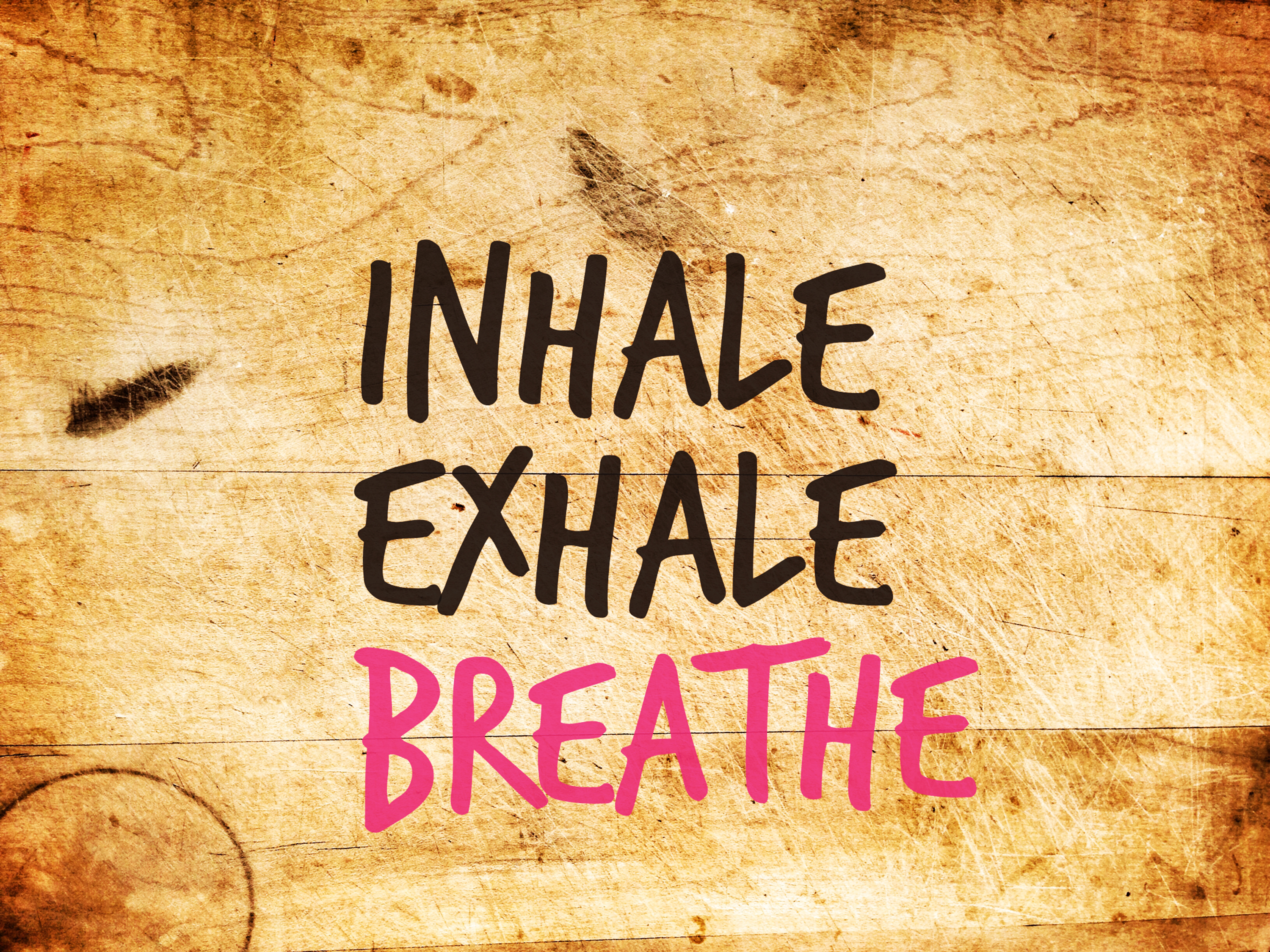How Breathing Patterns Affect Emotions and Memories

Breathe in. Breathe out.
Breathing is not just for oxygen anymore. More and more studies are revealing the multitude of benefits around breathing. Breathing has been linked to brain function and behavior. Now, for the first time, scientists have found that breathing creates electrical activity in the brain that enhances emotional judgments.
The rhythm of breathing creates electrical activity in the brain which improves emotional judgment and memory recall. These effects depend on breathing techniques such as whether you inhale or exhale and whether you breathe through the nose or mouth.
Breathing Affects Emotional Recognition and Memories
When it comes to certain emotions, breathing can help identify them. For example, people can recognize a fearful face more quickly if they encounter the face breathing in compared to breathing out
- Fear: In the study, individuals were able to identify fear more quickly if they encountered a fearful face while breathing in compared to breathing out. When it came to memory, individuals were more likely to remember an object if they encountered it while breathing in than breathing out. The effect disappeared entirely with mouth breathing.
“One of the major findings in this study is that there is a dramatic difference in brain activity in the amygdala and hippocampus during inhalation compared with exhalation,” said lead author Christina Zelano, assistant professor of neurology at Northwestern University Feinberg School of Medicine. “When you breathe in, we discovered you are stimulating neurons in the olfactory cortex, amygdala, and hippocampus, all across the limbic system.”
The scientists at Northwestern first discovered these differences while studying seven patients with epilepsy who were scheduled for brain surgery. A week before the surgery, electrodes were placed into the patient’s brain to identify the origin of their seizures. This allowed scientists to acquire electrophysiological data directly from the source. The recorded electrical signals show brain activity fluctuating with breathing patterns. The activities occurred in areas where emotions, memory, and smells are processed.
This discovery led scientists to ponder whether cognitive functions typically associated with these brain areas — in particular fear processing and memory — could also be affected by breathing.
Areas of the brain like the amygdala are strongly linked to emotional processing, especially fear-relate emotions. In the study, scientists asked 60 subjects to make rapid decisions on emotional expressions in the lab environment while recording their breathing. When they were presented with pictures of either fear or surprise, the subjects as to quickly indicate which emotion each face was expressing.
Scientists discovered that when the subjects encountered faces while inhaling, they recognized the face as fear quicker than during exhalation. This was not true while expressing surprised emotions. Furthermore, the effect was diminished when the tasks were performed while breathing through their mouths.
- Memory: Next, the scientists explored the connection between breathing and memory function. The same subjects were shown pictures of objects on a computer screen and then asked to recall the objects. Researchers found that memory recall was better when participants were inhaling.
Overall, the study implies that rapid breathing may be beneficial in dangerous situations.
“If you are in a panic state, your breathing rhythm becomes faster,” Zelano said. “As a result, you’ll spend proportionally more time inhaling than when in a calm state. Thus, our body’s innate response to fear with faster breathing could have a positive impact on brain function and result in faster response times to dangerous stimuli in the environment.”
Recovery and Breathing
Breathing exercises are often used in treatment, and a study like this just confirms the efficacy of the practice. Since breathing seems to help with memory recall and releasing fear, it would also be beneficial specifically during the early stages of recovery. The withdrawal phase of drug use leads to reduced cognitive function and difficulty processing emotions. It appears that breathing does help mediate these situations.
Overall, recovery should include a variety of treatment options. If you are struggling with drug addiction or mental illness, please call now. We have the tools to get you on the right track. Recovery is possible. If you or someone you love is struggling, please call toll-free 1-800-777-9588.
Author: Shernide Delva
